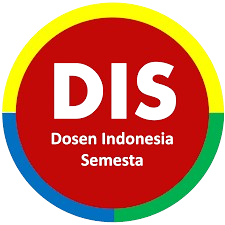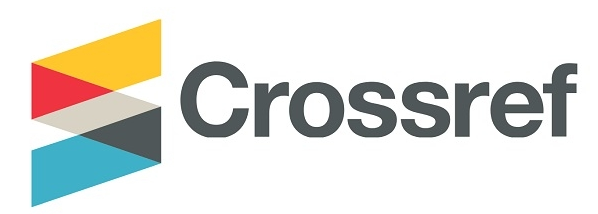THE IMPACT OF GREETING CARDS ON ENHANCING STUDENTS' SPEAKING PROFICIENCY: A QUALITATIVE STUDY IN CLASS VIII E OF SMPN 2 BENGKULU CITY
DOI:
https://doi.org/10.36526/ln.v8i1.3464Keywords:
language, speaking and greeting cardsAbstract
The use of language as a means of communication inherently entails encountering obstacles, particularly in mastering spoken expression for effective comprehension. Thus, the acquisition of language skills demands inventive approaches to instruction. This research endeavors to enhance students’ motivation and proficiency in English speaking by introducing Greeting Card Media in the educational setting of Class VIII E at SMP Negeri 2 Bengkulu City. The research adopted a descriptive qualitative approach, utilizing Classroom Action Research and a case study design. The study involved 34 students from Class VIII E as participants. Pre-test and post-test assessments were employed as research instruments, revealing an average pre-test score of 59.56 and a post-test score of 87.21. These results underscore the efficacy of greeting cards in enhancing students’ speaking proficiency. Among the 34 students engaged in English language learning, the integration of greeting cards as a pedagogical tool proved pivotal. The findings demonstrate a notable increase in students’ speaking motivation during English lessons, as evidenced by the transition from an initial average motivation score of 59.56 to a post-test score of 87.21, affirming the positive impact of greeting card media on language acquisition and student engagement.
Downloads
Published
How to Cite
Issue
Section
License
This work is licensed under a Creative Commons Attribution-ShareAlike 4.0 International License.


















